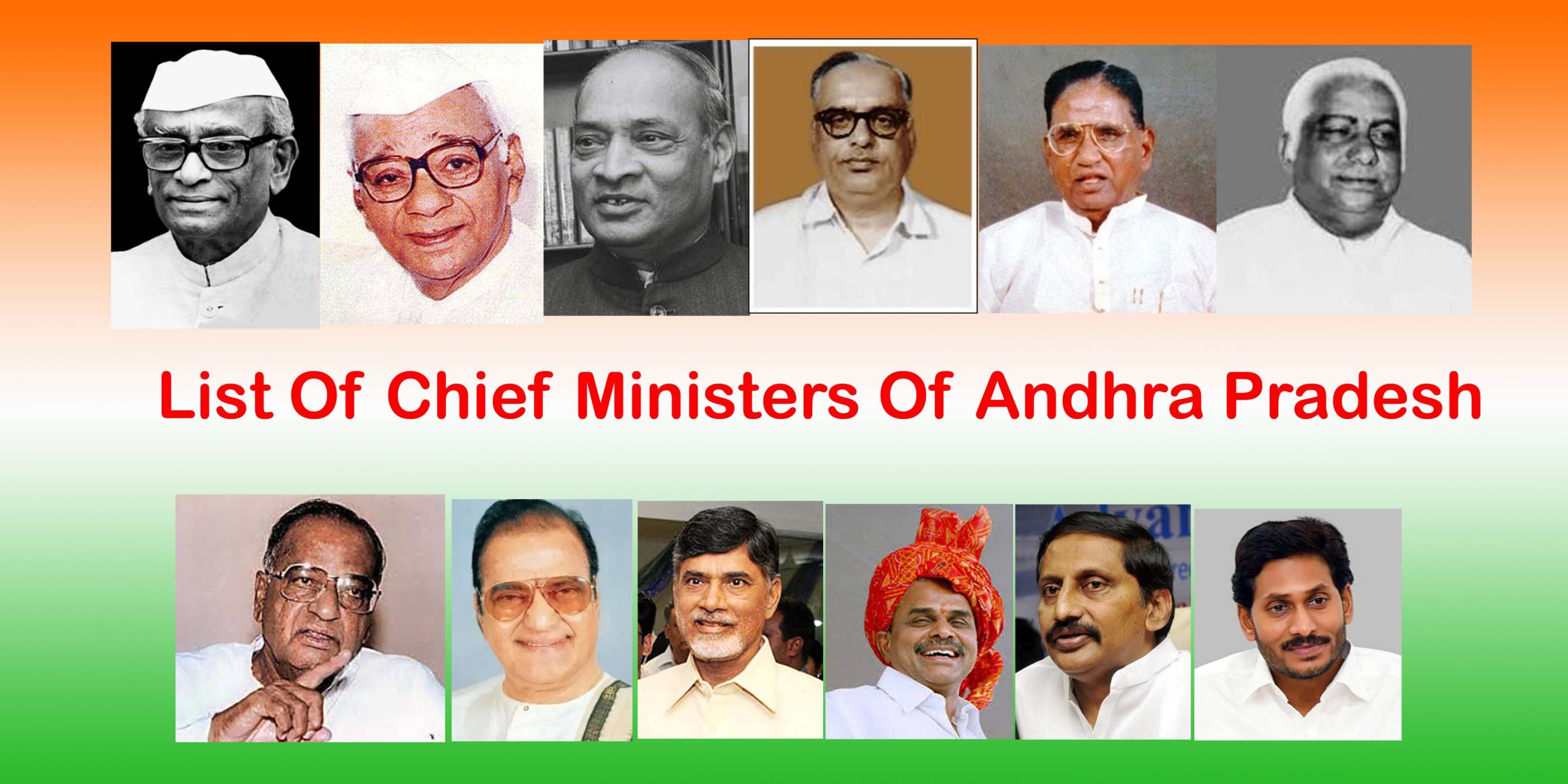
A Journey Through Leadership: Andhra Pradesh Chief Ministers Since 1956
A series of dynamic leaders have guided Andhra Pradesh, with its rich history and cultural diversity, since its formation in 1956. In a Journey of Chief Ministers of Andhra Pradesh Since Independence, we explore the contributions of these leaders since independence, showcasing their noteworthy accomplishments, the hurdles they encountered, and the enduring changes they brought to Andhra Pradesh. From Neelam Sanjiva Reddy’s foundational leadership to Y.S. Jagan Mohan Reddy’s current administration, we trace the evolution of governance and policy in one of India’s most populous states.
Additionally, in a Journey of Chief Ministers of Andhra Pradesh Since Independence, we will explore the stories of these leaders. It will examine their actions, challenges, and the impact of their tenure in shaping Andhraa Pradesh into the state we recognize today.
Neelam Sanjiva Reddy (1956-1960, 1962-1964)
Neelam Sanjiva Reddy, a notable political figure, served as Andhra Pradesh’s Chief Minister from 1956. Born on May 19, 1913, in Illur village, Andhra Pradesh, he was a prominent member of the Indian National Congress with a distinguished political career.
Key Contributions:
- Agricultural Development: They Prioritized agricultural growth, implementing policies to boost productivity and support rural communities.
- Education: Also initiated educational reforms to strengthen institutions and improve literacy.
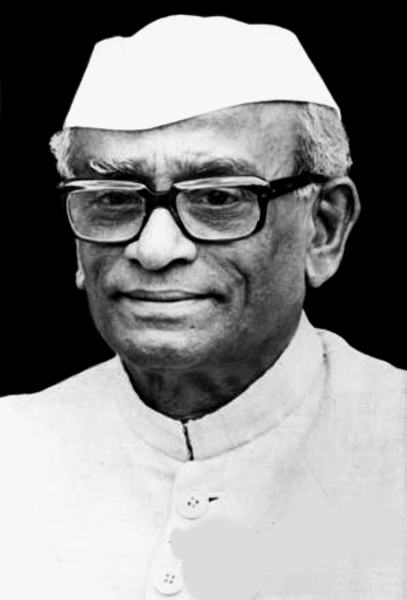
Challenges:
- Economic Development: Balanced economic growth with social welfare needs.
- Political Dynamics: Managed the evolving political environment in a diverse state.
Legacy: He is remembered for his impactful work in agriculture and education, contributing significantly to the state’s progress.
Damodaram Sanjivayya (1960-1962)
A key figure in the freedom movement, Damodaram Sanjivayya was Chief Minister from 1960 to 1962. Born in Kurnool on July 14, 1921, he was deeply committed to public service, representing the Indian National Congress.
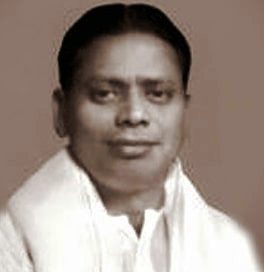
Key Contributions:
- Agricultural Reforms: Improved irrigation and modernized farming practices.
- Education: Expanded schools and promoted literacy in the newly formed state.
Challenges:
- Economic Development: Addressed economic disparities and balanced growth with welfare.
- Political Landscape: Navigated difficulties of governance in a nascent state.
Legacy: Sanjivayya is lauded for his work in agriculture and education, leaving a lasting mark despite his short tenure.
Kasu Brahmananda Reddy (1964-1971)
Kasu Brahmananda Reddy, a significant figure in Andhra Pradesh’s political landscape, served as the Chief Minister from 1964 to 1971. Important political and socio-economic changes in the state marked his tenure.
Key Contributions:
- Land Reforms: Reddy is best known for his land reform policies aimed to redistribute land and reduce inequalities in rural areas.
- Industrial Growth: He focused on promoting the state’s industrialisation, encouraging public and private sector investments.
- Urban Development: Reddy played a vital role in the development of Hyderabad, transforming it into a significant urban center.
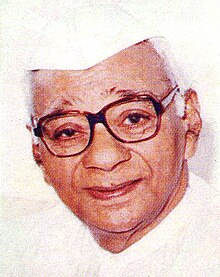
Challenges:
- Balancing Growth and Equity: One of the significant challenges was balancing rapid industrialization with the need for social equity, especially in rural areas.
- Political Turbulence: His tenure saw political unrest, particularly in the late 1960s, marked by agitations and demands for separate statehood in different regions.
Legacy: Kasu Brahmananda Reddy’s legacy is a blend of progressive land reforms and a push towards industrialization, which significantly shaped the economic landscape of Andhra Pradesh. His contributions to urban development, especially in Hyderabad, laid the foundation for its future growth as a major city.
P.V. Narasimha Rao (1971-1973)
P.V. Narasimha Rao, a distinguished political leader and intellectual, served as the Chief Minister of Andhra Pradesh between 1971 and 1973. Born on June 28, 1921, in Karimnagar district, he was a vital member of the Indian National Congress and later became the Prime Minister of India.
Key Contributions:
- Economic and Social Reforms: Rao was known for his progressive economic policies and social reforms. He focused on modernizing the state’s economy and initiating welfare programs.
- Educational Development: He emphasised education, working towards improving literacy rates and expanding educational facilities across the state.
- Agricultural Sector: His tenure saw efforts to enhance agricultural productivity and support farmers through various schemes.
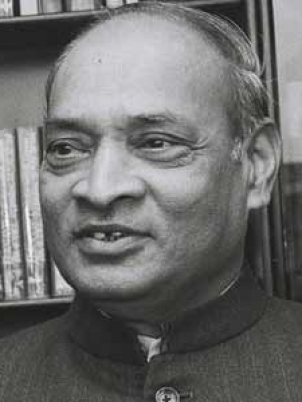
Challenges:
- Political Unrest: His tenure witnessed political challenges, including movements for state rights and autonomy.
- Balancing Development: Managing the state’s resources effectively to cater to urban and rural development was a significant challenge.
Legacy: His vision marks P.V. Narasimha Rao, who is known for his diplomatic approach and intellectual prowess. His contributions towards education and agriculture had a lasting impact on the state. Rao’s tenure laid the groundwork for several future developmental initiatives in Andhra Pradesh.
Jalagam Vengala Rao (1973-1978)
Significant development initiatives and political astuteness characterized Jalagam Vengala Rao’s leadership.
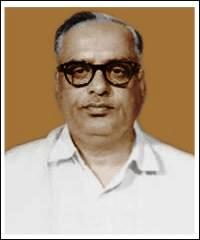
Key Contributions:
- Infrastructure Development: Rao’s tenure is notable for extensive infrastructure development. He focused on building roads, bridges, and irrigation projects, which was crucial to the state’s progress.
- Agricultural Advancement: Understanding the importance of agriculture in Andhra Pradesh, Rao implemented policies to improve irrigation facilities, thereby boosting agricultural productivity.
- Educational Growth: He also prioritized expanding educational institutions and enhancing academic standards across the state.
Challenges:
- Balancing Rural and Urban Development: One of the primary challenges Rao faced was ensuring equitable development across the state’s rural and urban areas.
- Political Stability: His tenure saw challenges in maintaining political stability and managing the demands and aspirations of various sections of society.
Legacy: Jalagam Vengala Rao left a lasting legacy in Andhra Pradesh, characterized by his significant contributions to infrastructure development and agriculture advancement. His efforts in these areas significantly boosted the state’s economy and laid the foundation for future growth.
Marri Chenna Reddy (1978-1980)
Marri Chenna Reddy was a prominent figure in Andhra Pradesh’s political landscape. He was known for his dynamic leadership and political acumen.
Key Contributions:
- Social Welfare Programs: Reddy initiated numerous social welfare programs to improve the living standards of the underprivileged and marginalized communities in the state.
- Agricultural Reforms: He focused on agrarian reforms, aiming to enhance the efficiency and productivity of the farm sector, which was crucial for the state’s economy.
- Industrial Development: Reddy also emphasized industrial development, striving to create a more diversified and robust economy for Andhra Pradesh.
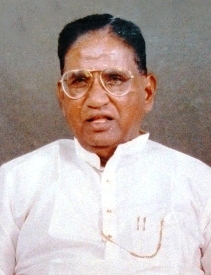
Challenges:
- Economic Balancing: One of his significant challenges was balancing the state’s economic development with the necessity of social welfare programs.
- Political Management: During his tenure, he faced the task of maneuvering through intricate political scenarios while keeping the state stable.
Legacy: Marri Chenna Reddy stands out in memory for his intense dedication to social welfare and his initiatives to boost the state’s agricultural and industrial sectors. His tenure contributed significantly to the socio-economic development of Andhra Pradesh.
Tanguturi Anjaiah (1980-1982)
Tanguturi Anjaiah, known for his humble beginnings and close connection with ordinary people, was a leader deeply committed to public service and welfare.
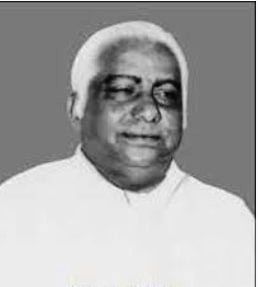
Key Contributions:
- Labor Welfare: Anjaiah was mainly known for his focus on labor welfare. He implemented several policies to improve workers’ lives, reflecting his deep understanding of their struggles.
- Social Welfare Programs: He initiated various social welfare programs that targeted the upliftment of the underprivileged sectors of society.
- Infrastructure Development: Anjaiah also emphasized infrastructure development, aiming to improve the state’s connectivity and overall development.
Challenges:
- Managing Economic Constraints: Balancing the state’s limited financial resources while trying to implement wide-ranging welfare schemes was a significant challenge during his tenure.
- Political Dynamics: During Tanguturi Anjaiah’s tenure, he encountered political challenges within his party and had to navigate complex political dynamics skillfully.
Legacy: Tanguturi Anjaiah is widely recognized as a leader of the people, genuinely committed to labor issues and social welfare. His approachable and compassionate leadership style left a lasting impression on the people of Andhra Pradesh.
Bhavanam Venkataram (1982)
A significant political leader, Bhavanam Venkataram, served as the Chief Minister of Andhra Pradesh.
His commitment to public welfare and administrative efficiency marked his tenure.
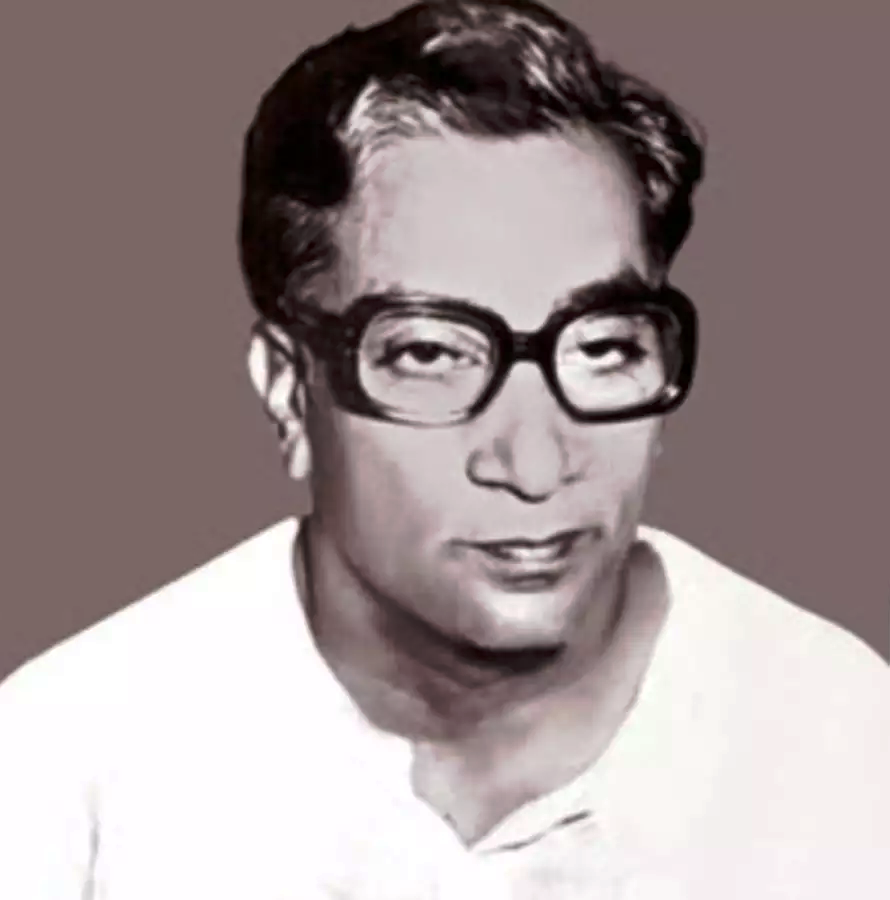
Key Contributions:
- Social Welfare: Focused on policies for the betterment of the underprivileged.
- Administrative Reforms: Worked towards making the state’s administrative machinery more efficient and responsive.
Challenges:
- Political Stability: Managed state affairs amidst a period of political uncertainty.
- Economic Development: Strived to balance economic growth with social welfare.
Legacy: Venkataram’s legacy stands out for his skilful administration and dedication to enhancing social welfare programs.
Vijaya Bhaskara Reddy (1982-1983, 1992-1994)
A seasoned politician, K. Vijaya Bhaskara Reddy led Andhra Pradesh during two separate terms, focusing on comprehensive state development.
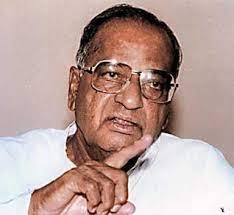
Key Contributions:
- Agriculture and Industry: Promoted balanced growth in both sectors.
- Infrastructure Development: Focused on enhancing state infrastructure.
Challenges:
- Economic Management: Managed the state’s resources amidst growing demands.
- Political Challenges: Dealt with internal party dynamics and opposition pressures.
Legacy: Reddy’s legacy lies in his balanced approach to agriculture, industry, and infrastructure development.
T. Rama Rao (1983-1984, 1984-1985, 1985-1989, 1994-1995)
N.T. Rama Rao, a charismatic leader and former actor, made a significant impact as Chief Minister with his popular policies and major reforms.
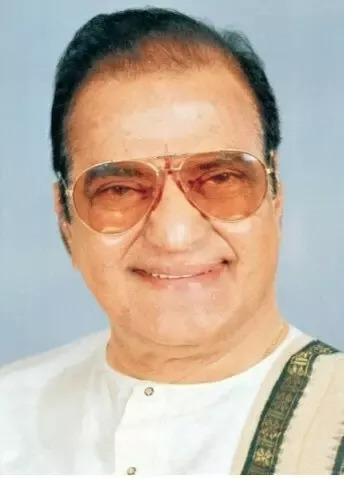
Key Contributions:
- Welfare Schemes: He introduced numerous welfare programs for people with low incomes.
- Cultural Revival: Promoted Telugu culture and heritage.
Challenges:
- Economic Reforms: Balancing welfare schemes with economic development.
- Political Turbulence: Managed intense political rivalries and party dynamics.
Legacy: N.T. Rama Rao’s governance is celebrated for its focus on welfare and promoting Telugu culture.
Chandrababu Naidu (1995-1999, 1999-2004, 2014-2019)
Known for his visionary leadership, N. Chandrababu Naidu played a crucial role in transforming Andhra Pradesh into a technology hub.
Key Contributions:
- Technology and Development: Spearheaded the IT revolution in the state.
- Economic Reforms: Focused on liberalization and modernization of the economy.
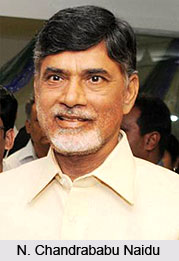
Challenges:
- Balancing Development: Ensuring equitable development across regions.
- Political Strategy: Navigated complex political scenarios and alliances.
Legacy: During his tenure, Naidu notably steered Andhra Pradesh towards becoming a state focused on technology and development.
S. Rajasekhara Reddy (2004-2009)
A popular leader, Y.S. Rajasekhara Reddy was known for his pro-people policies and focus on rural development.
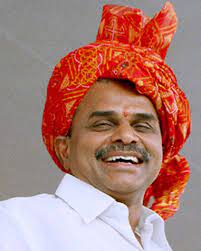
Key Contributions:
- Rural Development: Launched schemes for farmers and rural areas.
- Infrastructure Projects: Initiated significant infrastructure projects across the state.
Challenges:
- Resource Allocation: Managed state resources to fund welfare programs.
- Natural Disasters: Dealt with crises like droughts and floods effectively.
Legacy: The legacy of Y.S. Rajasekhara Reddy stands out for his dedicated focus on enhancing rural welfare and developing infrastructure.
Rosaiah (2009-2010)
K. Rosaiah, known for his administrative skills, served as Chief Minister, guiding the state through a transitional period.
Key Contributions:
- Fiscal Management: Focused on the state’s financial stability.
- Administrative Reforms: Streamlined governance processes.
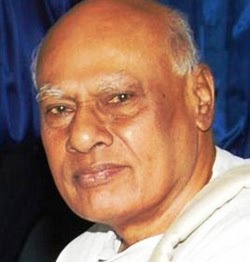
Challenges:
Political Stability: Led the state during a politically turbulent time.
Economic Balance: Managed the state’s economy amidst various challenges.
Legacy: Rosaiah stands out in memory for his adept administrative skills and his proficiency in managing the state’s finances.
Kiran Kumar Reddy (2010-2014)
N. Kiran Kumar Reddy’s tenure as Chief Minister was marked by efforts to strengthen the state’s administrative and economic framework.
Key Contributions:
- Administrative Efficiency: Worked on enhancing state governance.
- Development Initiatives: Launched several development programs.
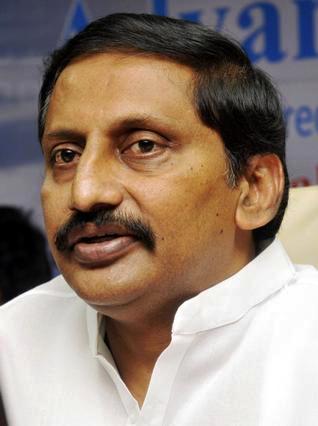
Challenges:
- State Bifurcation: Managed the complex process of Andhra Pradesh’s bifurcation.
- Governance Issues: Addressed difficulties in administration and policy implementation.
Legacy: Reddy’s tenure is noted for his administrative efforts and handling of the state bifurcation.
Y.S. Jagan Mohan Reddy (2019-Present)
The current Chief Minister, Y.S. Jagan Mohan Reddy, is known for his focus on welfare schemes and inclusive development.
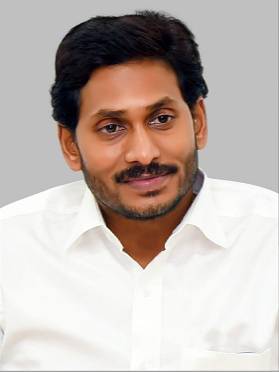
Key Contributions:
- Welfare Programs: Launched comprehensive welfare schemes for various sections of society.
- Development Focus: Emphasized on infrastructural and rural development.
Challenges:
- COVID-19 Pandemic: Managing the pandemic’s impact on health and economy.
- Political Management: Balancing governance with political dynamics.
Legacy: Y.S. Jagan Mohan Reddy’s ongoing tenure is marked by his emphasis on welfare and development, with a lasting impact yet to be determined.
Conclusion:
Summarize the cumulative impact of these leaders on the state’s progress and current status, emphasizing the importance of their roles in shaping modern Andhra Pradesh.
The history of Andhra Pradesh’s Chief Ministers is a tale of different leaders and their unique governing methods. From the early years with Neelam Sanjiva Reddy’s foundational leadership to the present Y.S. Jagan Mohan Reddy, these leaders have faced many challenges and left their mark on the state’s politics, society, and economy. Together, a journey of Chief Ministers of Andhra Pradesh since independence, their ideas and hard work continue to guide Andhra Pradesh towards becoming a thriving and vibrant state in India.
On Postswirl blogging site, a journey of Chief Ministers of Andhra Pradesh since independence. Take a closer look at their achievements. The hurdles they faced and the difference they have made in bringing the state forward.




